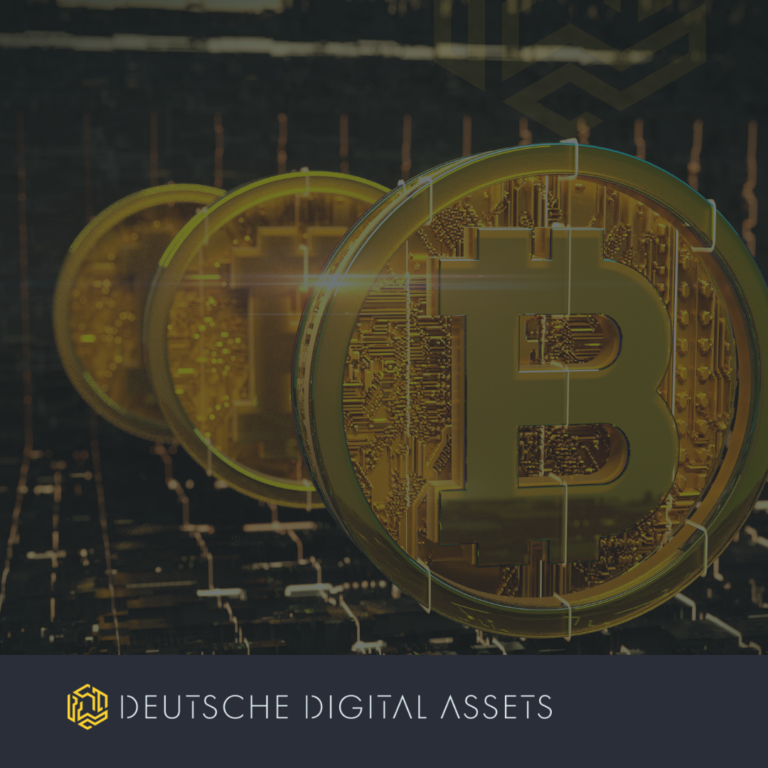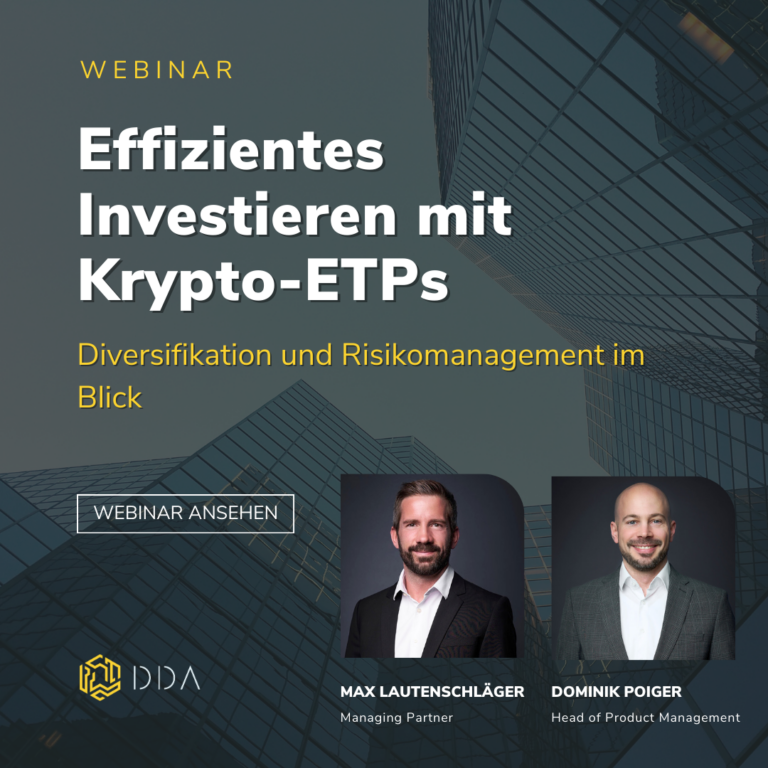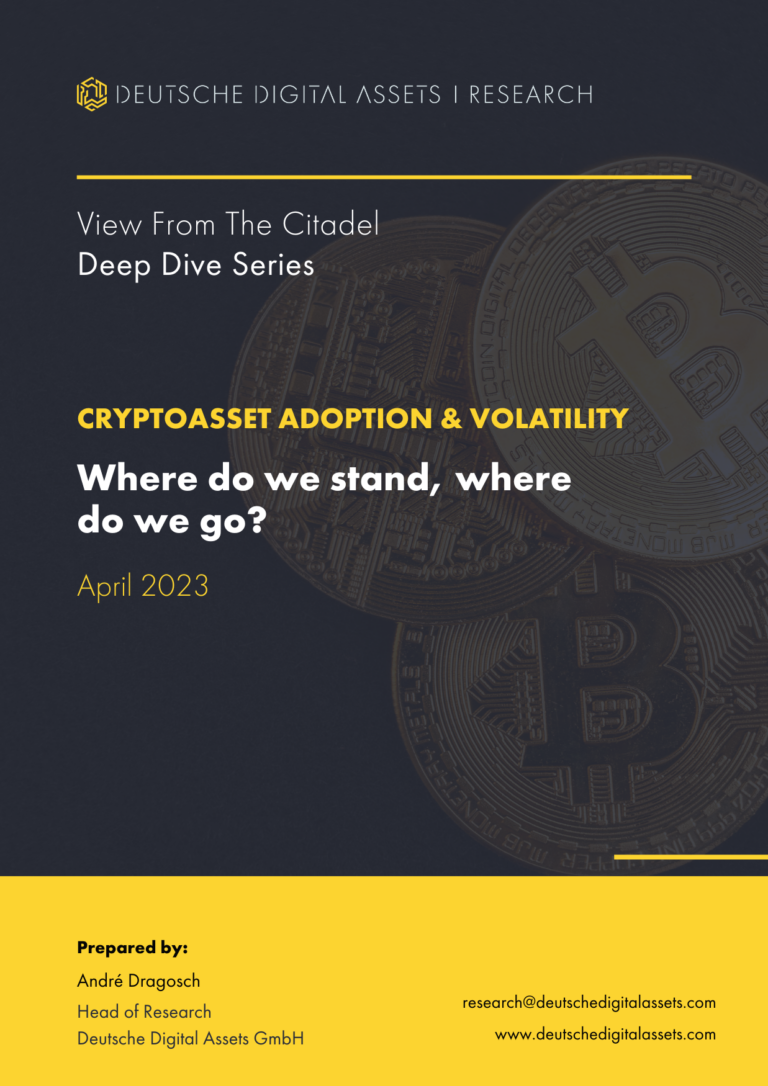Digital currencies and tokens have emerged as a popular new investment opportunity but can cryptocurrencies be classified as an asset class?
 Source: pexels.com
Source: pexels.com
By Patrick Lowry, CEO of Iconic
For the purpose of this blog, I will focus on the fundamentals of what makes crypto an emerging asset class and briefly discuss the various value drivers of different cryptocurrency types.
I would like to cover three points:
- Whether or not all cryptocurrencies should be classed as part of the same asset class
- Why ‘some’ cryptocurrencies should be a part of some investors’ portfolios
- And whether or not cryptocurrencies are an asset class at all
Not all Cryptocurrencies Are the Same
One of the largest problems with cryptocurrencies is that when individuals speak about them, they class them under the same umbrella. I would posit cryptocurrencies do not make up a just singular asset class, but rather several recognized asset classes with distinct value drivers.
At the time of this writing, there are 5,200+ cryptocurrencies (according to coinmarketcap.com) and potentially hundreds more not listed in their directory. To understand why there are so many cryptocurrencies and where the market is going would require another content piece.
In order to summarise, I can simply say that at this point in time, anyone, anywhere with an Internet connection can launch their own “cryptocurrency” and list it on exchanges. This has led to individuals or groups launching their own cryptocurrencies with absolutely zero utility, using ICOs (Initial Coin Offerings) to raise billions of dollars in funding, and others just launching outright scams.
So, when one asks, “Are cryptocurrencies an asset class?”, they are grouping all of these in one basket under the same umbrella.
Sub-Asset Classes within the Crypto Market

The majority of all cryptocurrencies are powered by blockchain technology, which many believe is an innovation as powerful as the Internet itself. I, having dedicated the last few years of my life to this field, believe it is as well.
I would break out the different categories of cryptocurrencies as follows:
- Bitcoin
- Protocol Tokens – ETH, EOS, XLM, etc.
- Application Tokens – BAT, Siacoin, Nexo, etc.
- Stablecoins – USDT, USDC, DAI, etc.
- Bitcoin Copycats – Bitcoin Cash, Litecoin, Nano, etc.
- Security Tokens – Financial Instruments or backed by ‘real world’ assets
- Others
It is important we start classifying these assets in different categories as the industry matures and moves forward.
But why should a handful of cryptocurrencies be a part of every intelligent investor’s portfolio?
For the purpose of this section, I will focus and comment purely on Bitcoin (BTC) as it is the market leader with 65% of the market share and because most – if not all – other cryptocurrencies follow Bitcoin’s lead in price movements.
Statistically Bitcoin’s correlation with traditional assets is quite low. Over its lifetime, it has not been relevantly correlated to any other asset class from the traditional financial markets, such as stocks or commodities like gold. As such, an intelligent investor may diversify their portfolio by having an allocation to Bitcoin to alleviate systemic and market risk.
The decentralized technology that powers Bitcoin, known as blockchain, has the potential to transform many businesses around the world in a way similar to how the Internet transformed businesses.
A recent survey of global family offices shows that nearly 90% believe that artificial intelligence will be the next, largest, disruptive force in global business. After this, 50% of family offices believe blockchain technology will be a disruptive force, which will fundamentally change the way people invest in the future.
Why? Because blockchain protocols are laying down the foundation for the new Internet, known as Web 3.0, and investors can now own assets that allow them to benefit from the growth of these new networks.
So, are cryptocurrencies an asset class at all?
Cryptocurrencies are a relatively new industry, but in the short time they have been around (11 years) they have managed to grab the world’s attention.
The Bitcoin whitepaper was launched on October, 31 2009. Since inception, Bitcoin has been among the best- performing assets of the past decade. Without a CEO, marketing team, or any central company behind it,
Bitcoin has managed to appreciate from effectively having $0.00 in value to an all-time high value of roughly $69,000. Its market cap currently sits over $850 billion.
This is because of the nature of Bitcoin, the asset. Whilst some might call it the hardest form of money ever created, others still do not believe in the digital asset due to high volatility and risk.
Further, many other cryptocurrencies have unique characteristics that will enable them to build a better future and more inclusive world for everyone because it allows us to do things that were not possible before in a more efficient and trustless manner.
So yes, cryptocurrencies are indeed an asset class.
To learn more about investing in cryptocurrencies, read about Crypto Assets In A Portfolio Theory Context.
Recent News
- Iconic Acquires Licensed Company to Become Regulated Crypto Portfolio Manager and Advisor
- How Layer 2 Solutions Are Helping Ethereum Scale
- Bitcoin Education Will Pave the Way for Hyperbitcoinization
- Iconic Funds lists Ethereum ETP on Xetra
Iconic in Press
- Private Banking Magazin, Bitcoin – das perfekte Beispiel für ein ESG-Investment?
- Institutional Money, Krypto-Manager steigt bei Family Office ein
- Morningstar, Iconic Funds Expands Product Range With a Physical Ethereum ETP
Recent Research Reports

- How did portfolios perform during the pandemic? ➡ Download here
- Analyzing the Primary Value Drivers of Leading Cryptocurrencies ➡ Download here
- How Effective are Common Investment Strategies with Bitcoin? ➡ Download here
- Investigating the Myth of Zero Correlation Between Crypto Currencies and Market Indices ➡ Download here
For further information, please visit deutschedastg
Legal Disclaimer
In no event will you hold ICONIC HOLDING GMBH, its subsidiaries or any affiliated party liable for any direct or indirect investment losses caused by any information in this article. This article is not investment advice or a recommendation or solicitation to buy any securities.
ICONIC HOLDING GMBH is not registered as an investment advisor in any jurisdiction. You agree to do your own research and due diligence before making any investment decision with respect to securities or investment opportunities discussed herein.
Our articles and reports include forward-looking statements, estimates, projections, and opinions which may prove to be substantially inaccurate and are inherently subject to significant risks and uncertainties beyond ICONIC HOLDING GMBH’s control.
Our articles and reports express our opinions, which we have based upon generally available information, field research, inferences and deductions through our due diligence and analytical process.
ICONIC HOLDING GMBH believes all information contained herein is accurate and reliable. It has been obtained from public sources we believe to be accurate and reliable. However, such information is presented “as is,” without warranty of any kind.















